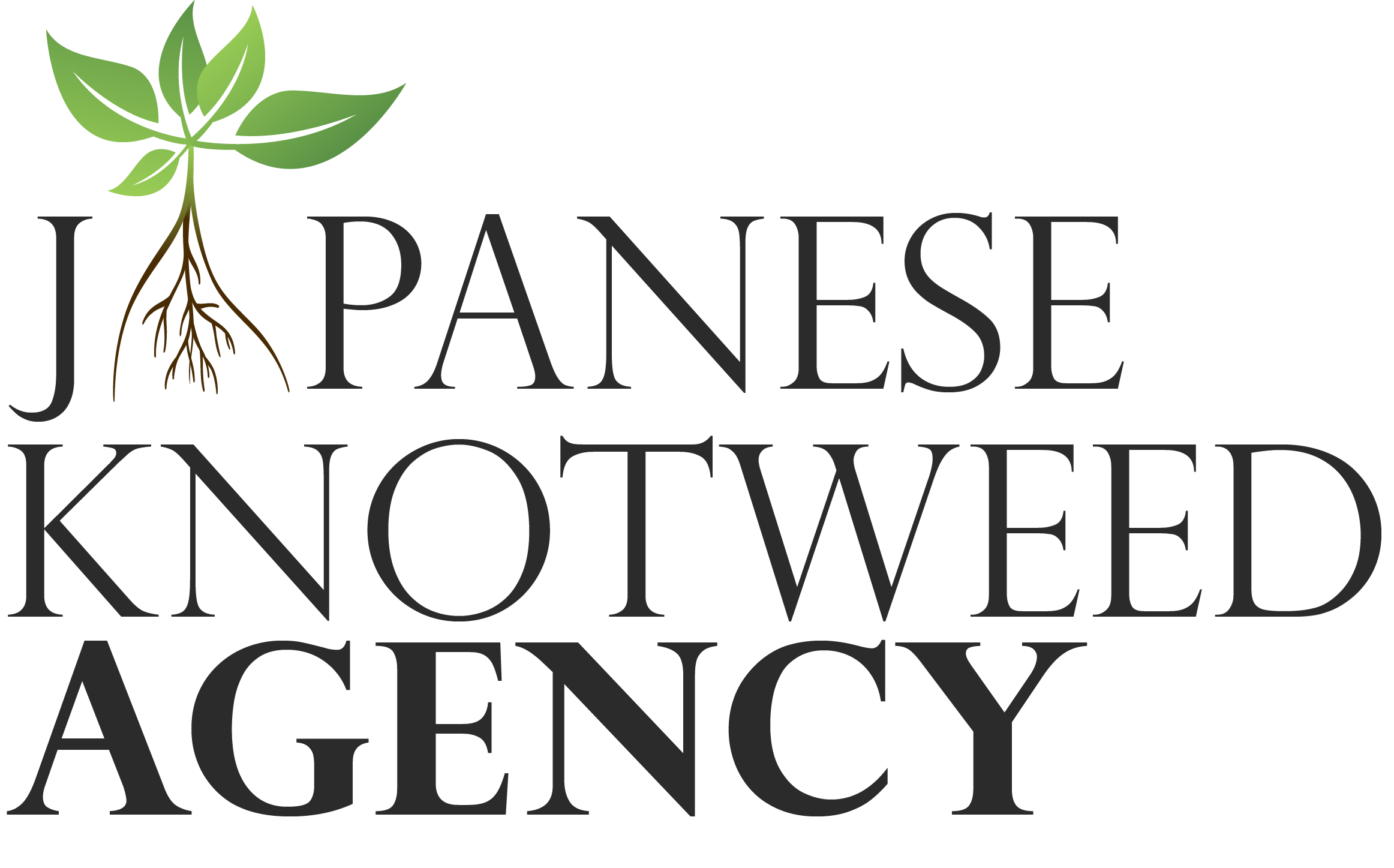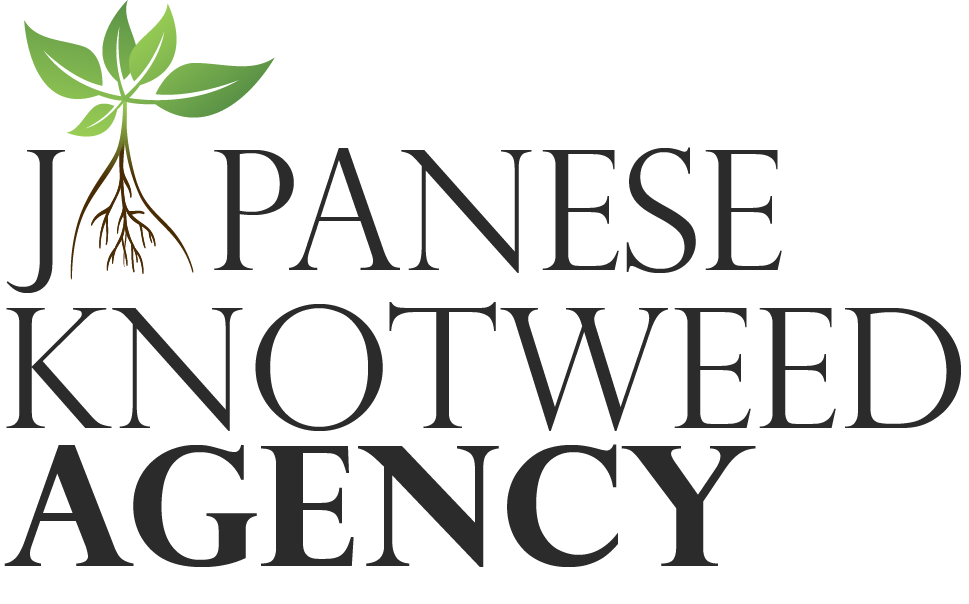There are several pieces of criminal and civil legislation relating to Japanese Knotweed.
Possible criminal sanctions under the Environmental Protection Act 1990 “Duty of Care” if you illegally consign Knotweed infested material, including soils, off site. Possible criminal sanctions under the Wildlife and Countryside Act 1981 if you cause or allow Japanese Knotweed to grow in the wild. Possible civil action in nuisance if your Knotweed encroaches or spreads into adjoining land. We work with lawyers specialising in Japanese Knotweed disputes.
Japanese Knotweed
The presence of Japanese Knotweed can have legal implications and consequences for neighbours, landlords, tenants, buyers and sellers of land and houses.
In the case of Japanese Knotweed spreading from one owner’s land to a neighbour’s land the landowner could face a legal claim by the neighbour. This is because under the common law of nuisance a landowner must take reasonable steps to prevent a nuisance which may cause damage spreading from his land to neighbouring land. Generally, liability will only arise after the owner has been made aware or should have reasonably been aware of the problem. However, there is a legal argument which could be made to suggest that where the Japanese Knotweed has been brought on to the land by the landowner and spreads to the neighbouring land, he has a strict liability to his neighbour irrespective of whether the steps he has taken to prevent it from spreading have been reasonable or not.
In either case, the claim is likely to be for damages for the cost of eradicating it from the neighbouring land and/or an injunction forcing the landowner to take steps in regard to its treatment.
In the case of landlords and tenants, depending on the wording of the lease and also whether the Japanese Knotweed was present when the lease was entered into, a tenant may find himself unwittingly liable to his landlord under the terms of his lease to have any Japanese Knotweed on the demised property treated or removed.
Care must also be taken by a seller when answering enquiries before contract raised by a buyer. This is because he may become liable to the buyer if he makes a misrepresentation, sometimes even innocently and certainly if he has not made reasonable endeavors to check the position before giving answers.
There are potential criminal sanctions under the Wildlife and Countryside Act 1981 under which it is an offence to cause or allow Japanese Knotweed to grow in the “wild” although there is some legal debate as to whether “private land” constitutes the “wild” for the purposes of the Act.
There are also powers under the Town & Country Planning Act section 215 for Local Authorities to force landowners to clear up land if it detracts from local amenities, including that infested by Japanese Knotweed. The Town & Country Planning Act is also often used by Local Planning Authorities by way of planning conditions to force developers to remediate sites infested with Knotweed.
Finally, the Environmental Protection Act 1990 includes provisions including a “duty of care” for the storage, processing, treating and disposal of controlled waste. Japanese Knotweed and the soils it infest are considered to be a controlled waste.


